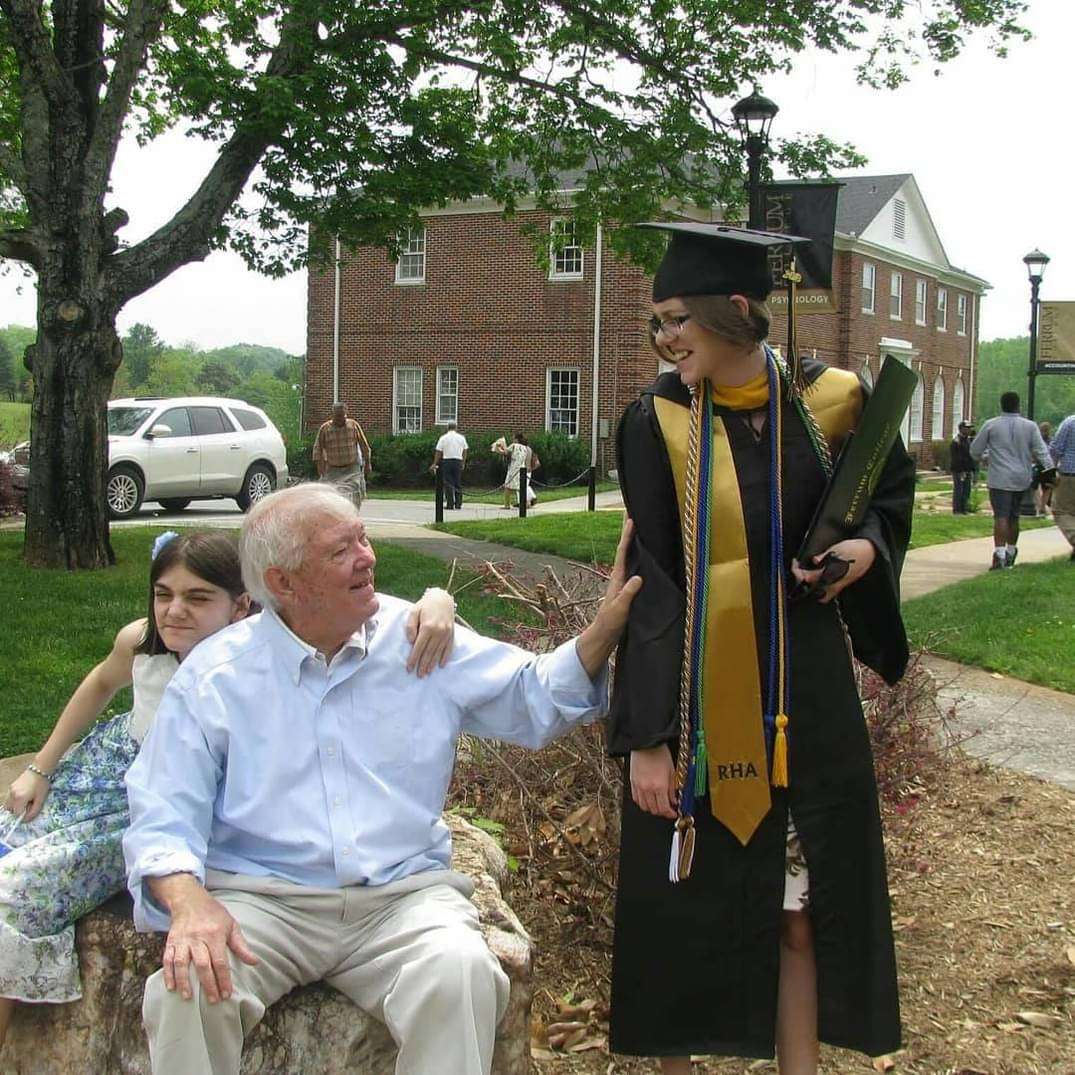Every conversation goes the same way. Someone well-meaning, maybe a family friend or a class dean or my dentist, asks how school is going. “Great,” I tell them. “I’m busy, but it’s great.”
It’s pleasantries – saying I’m busy is another way of saying I’m working hard. I’m valuable as a student, and someday my efforts will pay off in the form of a career. I’ll fulfill the goal of college, which is attaining capital ‘s’ Success. Right?
But busy isn’t the whole picture. For myself, and I’m guessing many of my fellow students, being busy isn’t a state of living so much as it is a state of mind. My time is occupied, yes, but so is my mind. Constantly.
During the day, my Google Calendar is more color than empty space; blocks of time spent working is the norm, not the exception. In a world of nonstop stimulation, it’s also no wonder that silence is so uncomfortable. In a world of nonstop expectation, it’s no wonder that free time is so uncomfortable, too. Being a student today makes rest feel unnatural.
Because who has time for rest? By the time my plate is full of classes and clubs and time with the people I care about, there is no room for rest. Even once the immediate to-do list is pared down, my mind stays buzzing. “You could work on your resume,” it says. “There’s laundry to do and books to read. There’s a paper due next week, you could start work on that. Have you thought about your summer plans? Or what your next club event will look like? How about grad school?”
I, like many, am simply conditioned to be busy. How can I rest when movement, from place to place and thought to thought, is my natural state?
Maybe this all sounds obvious. “20 Year Old Discovers Adulthood” isn’t exactly a novel headline. But if this is adulthood or academia, do I even want it? Building a life around work to the point that leaving work becomes the stress — I’d say that’s unsustainable.
Even when there is time for rest, it feels wrong for that downtime to not in some way be productive. If you’re on social media, you’ve likely come across the phenomenon of aesthetic wellness or studying content, the ultimate example of this.
Cleaning their pastel dishes and vacuuming their already-spotless couches and carpets, the aesthetic cleaning niche online seems to say that even the mundane should be aesthetic. So should working and resting; cozy study spaces bathed in ambient lighting with writing supplies and highlighters of every color make studying look desirable, while relaxation takes place in perfectly clean spaces, color coordinated down to the coasters on which their perfect matchas sit.
Cleaning doesn’t have to be aesthetically pleasing, nor does studying; creating the expectation that they should be is an attempt to sell a personality and, most importantly, a product.
It’s in capitalism’s best interest to convince you that your day-to-day life could be constantly improved — and that resting, especially if that rest isn’t also perfectly presentable, is a waste of your time.
In talking with friends in the real world, I’ve become convinced that this feeling of inadequacy is the product of bigger systems, not individual choices. The fact that our phones let us hold our social lives and work lives in the palm of our hands, for example, blurs the lines between when work starts and ends.
There are some positive signs of change. Australia recently passed a “Right to Disconnect,” which grants employees “an enforceable workplace right to refuse to monitor, read or respond to contact” from an employer “outside of their ordinary working hours,” according to the business site DLA Piper. Vermont Senator Bernie Sanders just last week introduced a bill to the Senate that would establish a 32-hour workweek, according to USA Today. “It is time to reduce the stress level in our country and allow Americans to enjoy a better quality of life,” Sanders said.
Living in a freeze state between work and rest is unsustainable. In the storm of feeling like I have to do everything, and do it well, I seem unable to accomplish anything.
I’m not built for this: Why modern life is so exhausting
Story continues below advertisement
About the Contributor

Sam Heilmann, Opinion Editor
Sam Heilmann is a sophomore from Johnstown, PA. She is double-majoring in Communications and Environmental Science and Sustainability. This is her second year on the Campus staff, and her first as Opinion Editor. When she isn't writing for The Campus, she enjoys painting, listening to music and spending time with her friends.





